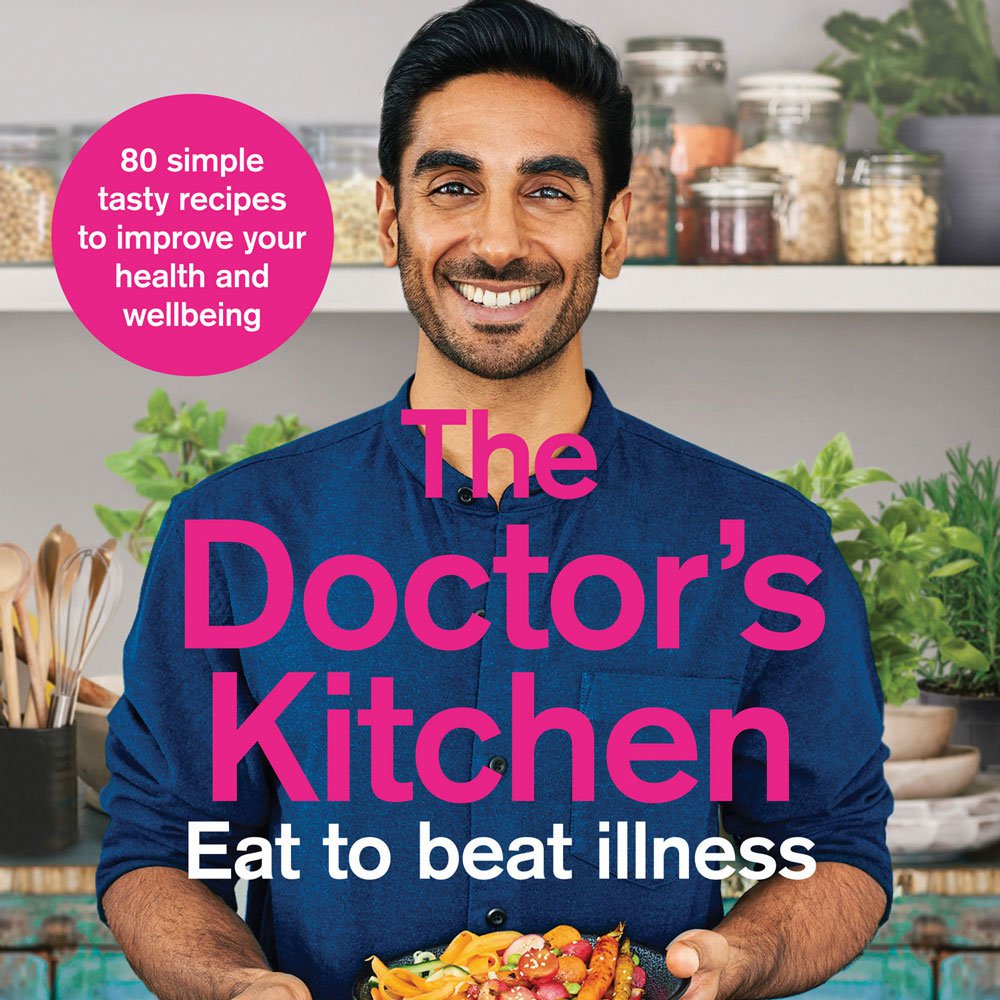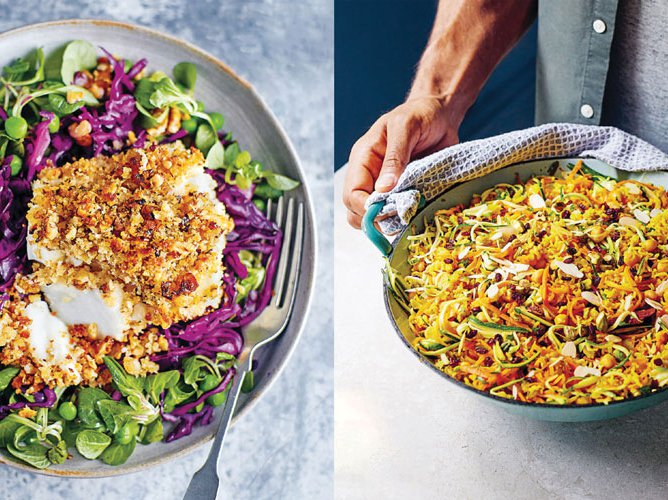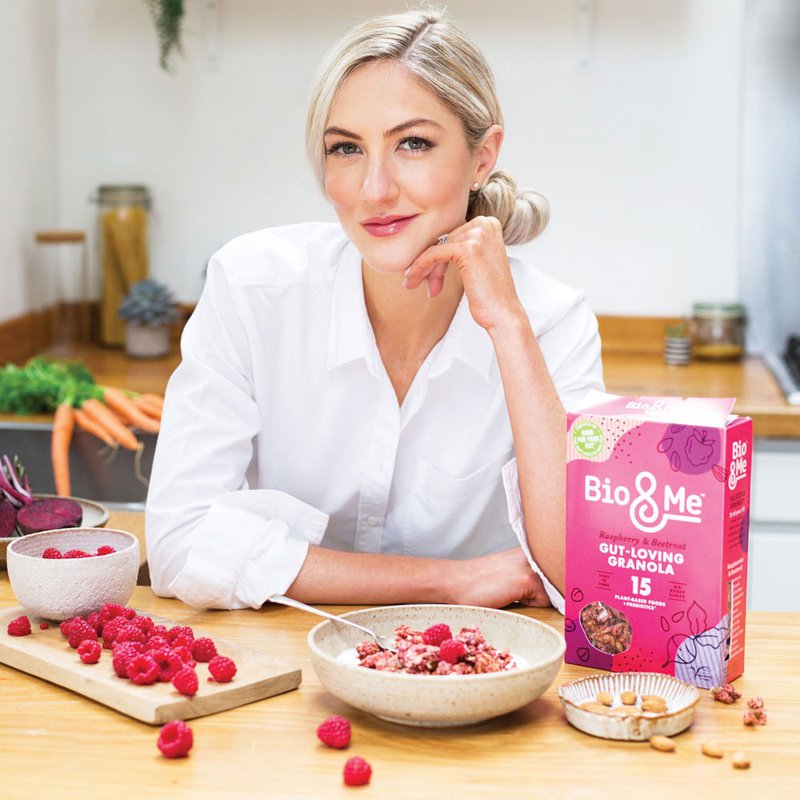Dr Rupy Aujla, the face behind The Doctor’s Kitchen series of books, podcast and now an app, talks about food as medicine and its effect on overall well-being
How does food play a role in affecting overall health, both mental and physical?
Food has this unique ability to give us pleasure, to give us health benefits, to improve our physiology, to improve our mental well-being. It’s pretty incredible when you dive into the research behind nutritional medicine. Food was traditionally seen as fuel or something to tweak, for example, go bigger or lose weight. Whereas what I’m trying to do with The Doctor’s Kitchen is to remind people about the health elements of food and educate people on the research but also not forget the community aspect of eating. We communicate through shared meals, so that is one way in which it can also affect our emotional health. Another more interesting way is the concept of nutritional psychiatry, which is perhaps about five to six years old as a term. That area is really garnering a lot of interest and ways in which we can tailor personalised diets towards people who have health conditions in the mental health space.
What do you think about ‘fad diets’?
I’m not a fan of diets per se because I think it already implies short-term. We really need to find a sustainable way of eating that fits in with the person’s taste, preferences, traditions, cultures, which is why I like the approach of a Mediterranean way of eating, because that doesn’t necessarily mean Mediterranean-flavoured. It just means that you have the principles, which are lots of colours, largely plants, fibre and a focus on plant-based proteins. It doesn’t necessarily mean that you have to go full vegetarian or full plant-based and it certainly doesn’t mean the opposite of paleo and carnivorism. There’s a happy medium and you can fit multiple different cuisines within that paradigm and within those principles of eating.
Have you found that there are any misconceptions when people think about healthy food?
When people say or think of the words ‘healthy eating’, a Eurocentric-flavoured meal pops to mind. When I think of healthy eating, I think of a dal with fresh spinach that’s just been wilted through it and a lovely tadka dressing. Or, I might think of Ethiopian food with beautiful, fermented breads and stewed vegetables and some fresh salad on the side with onions and tomatoes. I want people to think and appreciate their own heritage in their own ways of eating that they enjoy and apply a healthy lens to that.
You mentioned people being able to show their traditional heritage through their food; why is that important to you?
Traditionally what people have seen as healthy eating is restrictive and not really in line with something that they identify with, whereas I think that’s a warped Eurocentric view of what healthy eating is. I want to take people on a journey through food as medicine through what they actually want to eat. Also, it’s important because when I’m in clinic and I’m trying to change someone’s behaviour such that they eat better, it’s very far removed to have them eat something that’s vastly different. It’s a lot harder to instil that behaviour change that is sustainable for them over the long-term. So if I can say, ‘well, you can still have that adobo or you can still have this Korean meal or you can still have this Sri Lankan curry… we just need to tweak it with this way or dial this down, dial up this’, that’s a lot easier for people to stomach and a lot more enjoyable for them as well. Sustainability is key because the inclusion of these ingredients doesn’t mean anything. It only matters if you can create a habit that is daily and that is life-long.
Do you have a favourite meal that you like to cook or eat?
You know, I don’t! Sometimes it’s a traybake, sometimes it’s a lasagna, sometimes I’m in the mood for ful mudammes, sometimes I have a typical British winter warming stew with seasonal vegetables. I have such a diverse diet; we’re so lucky and privileged to live in a society where we have access to all these different ingredients, we should really appreciate that. And while appreciating those ingredients, you’re also looking after your health so it’s a fun activity that has health benefits.


